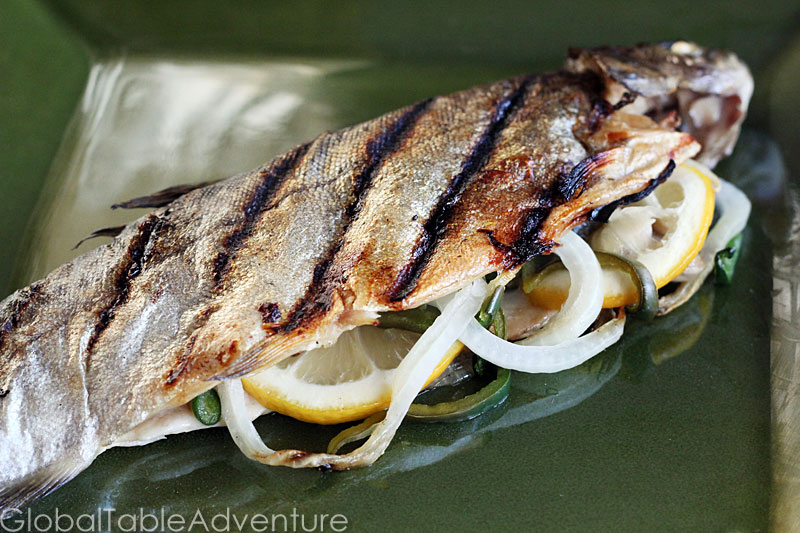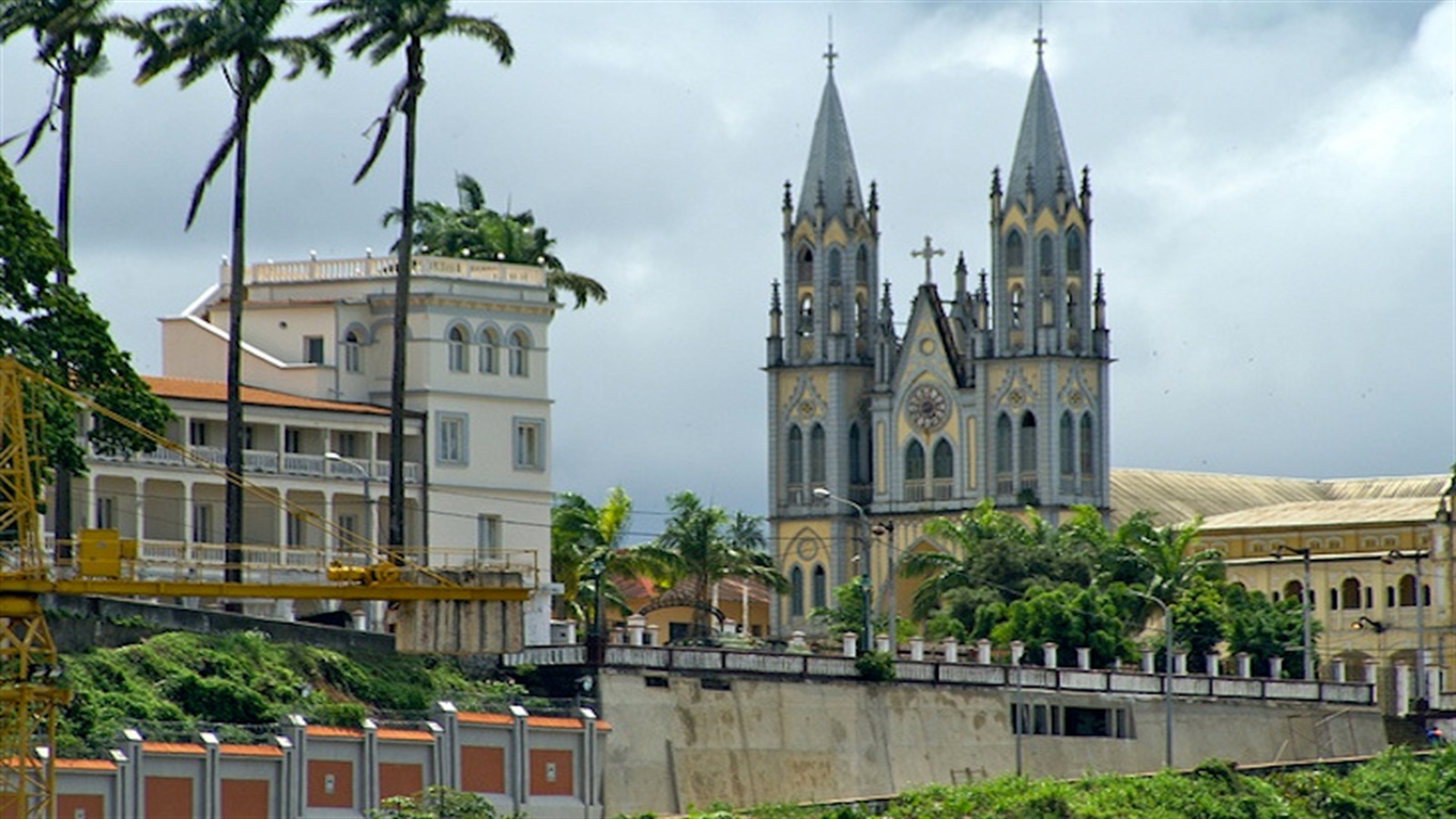
Equatorial Guinea
Off the beaten track and into Equatorial Guinea
Years of political unrest in Equatorial Guinea, have long plagued the country economically and affected the tourism sector. With somewhat stability regained in recent years and a booming oil industry, the country seems to have picked itself up and is moving forward. The question now becomes what does Equatorial Guinea have to offer?
Equatorial Guinean will be one of your highlights from your trip to the country. It’s a feast for your taste buds due to the fusion of African and Spanish flavours. Cassava is used to steam vegetables and fish. Chillies and an array of spices in Equatorial Guinean food makes for fiery dishes. One of the most common dishes in the country is Sopa de pescado con cacahuete. A soup made from ground nuts, fish, onions, peppers and tomatoes. L’Atelier is a top choice of African restaurants in Malabo because of the vibe and amazing food. Here you can find dishes from around Africa while listening to music in the cabaret lounge above the restaurant. In Bata, eat at Restaurant Naby. Offering up delicate pastries, light meals and hearty stews too.

http://tulsafood.com/recipes/equatorial-guinea-recipes-global-table-adventure/ – Image 01 (Grilled fish)
Recognised as the largest Christian church in Equatorial Guinea is the Catedrál de Santa Isabel. An off-white building with blue etchings and built in 1887 under Spanish rule is probably also one of the oldest buildings in the country. In recent years, it has been restored and is used for sermons. The Gothic-styled architecture is a stark contrast against other buildings in Malabo. Denominated as a Roman Catholic Church, the building stands as a significant part of Christian culture in Equatorial Guinea. It is open daily and visitors are welcome to view the interior of the cathedral. Usually, a small donation is asked for so do keep this in mind as well as dressing conservatively.

http://moversandmoves.blogspot.co.za/2016/04/catedral-de-santa-isabel-malabo-guinea.html – (Catedrál de Santa Isabel)
Near Cogo, is the Evouat beach. Home to a Fang Village, you can see Gabon in the distance, clear seas ahead dugout canoes bobbing around the waves. Villagers have made the ocean the source of their livelihood by fishing. It is hidden by bush and there is only a dirt road to access it. But once you stumble onto this secluded beach, you won’t want to leave. Locals will swarm you with their smiling faces and generosity. Sea turtles making their way to the water will intrigue you and quietness of it all will relax you. A stark contrast to the bustling city of Malabo, Evouat is a beach haven and spending a day here will show you that perhaps the simple things in life are the finer things.

http://embassyofequatorialguinea.co.uk/beaches/ – Image 03 (Beaches)
Clothing is pride in Equatorial Guinea and locals are always well presented. In the cities, suits and modern dresses are used. Polished shoes are also a must. Toward the villages, attire seems more relaxed but still worn proudly. Men wear t-shirts and jeans, women wear tailored skirts and dresses made from African print fabrics. Headscarves are also quite popular for girls and women. Beaded jewellery and animal skin/fur are used as accessories. In certain ethnic groups, girls and women dot their faces with face paint or dyes in light hues. Markings denote marital status or are just worn as an accessory.

https://za.pinterest.com/pin/341992165432201324/ – Image 04 (Traditional dress)
Equatorial Guinea is a less-travelled country. This is an advantage to a traveller that wants to explore, discover and appreciate a country without cities filled with tourists. Take along a camera and snap the unforgettable.
